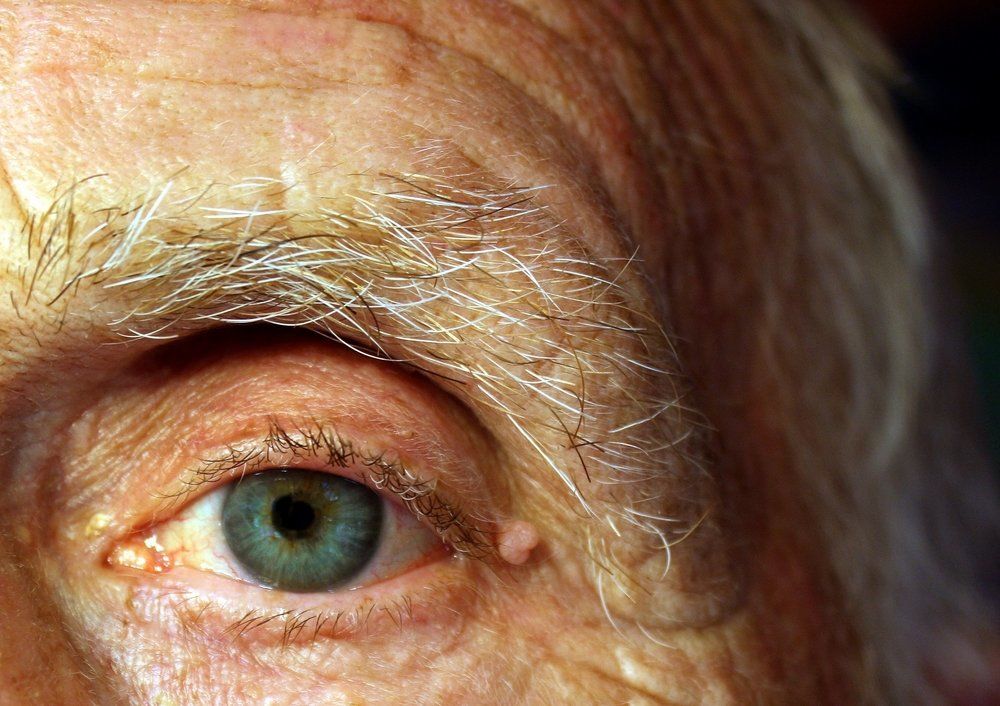The Potential Side Effects of Cataract Surgery
 Modern cataract surgery is one of the safest, most reliable forms of surgery in all of medicine. Serious complications are extremely rare, and the success rate is extraordinarily high. Indeed, patients who opt to have their damaged natural lenses replaced with premium, multi-focal intraocular lenses (IOLs) often emerge from cataract surgery with unaided vision superior to that than they’ve had in years.
Modern cataract surgery is one of the safest, most reliable forms of surgery in all of medicine. Serious complications are extremely rare, and the success rate is extraordinarily high. Indeed, patients who opt to have their damaged natural lenses replaced with premium, multi-focal intraocular lenses (IOLs) often emerge from cataract surgery with unaided vision superior to that than they’ve had in years.
Like any form of surgery, however, cataract surgery is associated with possible side effects. Fortunately, the most common of these side effects are mild and temporary. Nevertheless, the eye surgeons of Deen-Gross Eye Centers carefully discuss all potential cataract surgery side effects during consultations at their Merrillville, IN practice so that patients have a full understanding of what the procedure entails.
Ultimately, the slight risk of side effects is vastly outweighed by the benefits of a procedure that has all but eradicated the leading cause of blindness around the world from the United States. If you or someone you love is in need of premium cataract surgery, we encourage you to schedule a consultation at Deen-Gross Eye Centers today.
What Are the Most Common Side Effects of Cataract Surgery?
As stated above, serious complications from cataract surgery are extremely rare, especially when the procedure is performed by skilled eye surgeons such as the surgeons of Deen-Gross Eye Centers. Still, these complications are discussed with patients prior to surgery.
More common side effects include:
- Redness of the eye
- Mild bruising of the skin under the eye
- Mild irritation of the eye
- Initial difficulty adjusting to the intraocular lens (IOL)
- Mild to moderate discomfort, especially in the first 24 hours after surgery
- Sensitivity to light
- Inflammation of the eye
- Increase in perceived flashes of light
- Swelling of the skin under the eye
- Elevated eye pressure
All of these side effects usually subside on their own within a day or two of surgery. If any side effects persist for more than a week, they can generally be treated with medication or, if necessary, further surgery.
Perhaps the most common side effect of cataract surgery, affecting up to 20 percent of patients, is the development of posterior capsule opacity, or PCO. PCO takes the form of a blurry film, which causes many patients to believe that their cataract has returned. For this reason, PCO is often referred to as a “secondary cataract,” even though it isn’t a cataract at all.
Fortunately, PCO is easily treated through a procedure called YAG laser capsulotomy. This procedure is extremely safe and permanently addresses the haze associated with PCO. In other words, just like the initial cataract, the “secondary cataract” will not return. (Most insurance policies cover YAG laser capsulotomy; however, you will want to double check with your provider to make sure that you know what your policy does and does not cover beforehand.)
Learn More about Cataract Surgery Side Effects
To learn more about cataract surgery side effects, please contact Deen-Gross Eye Centers today.


